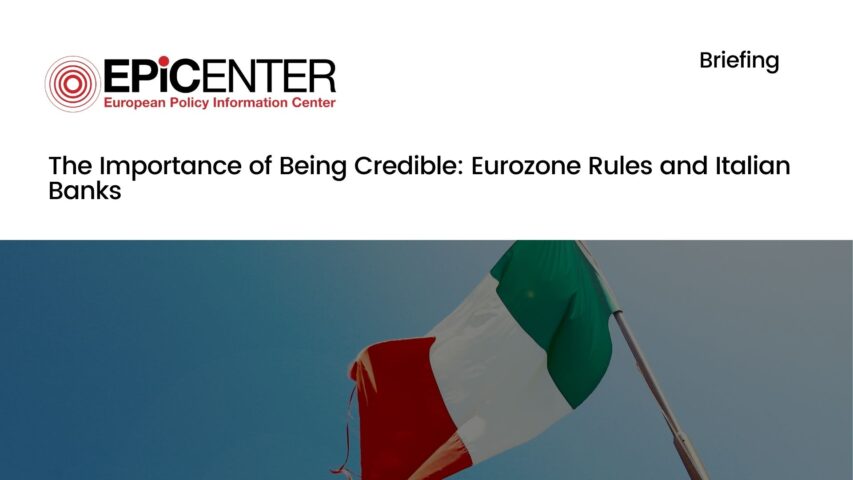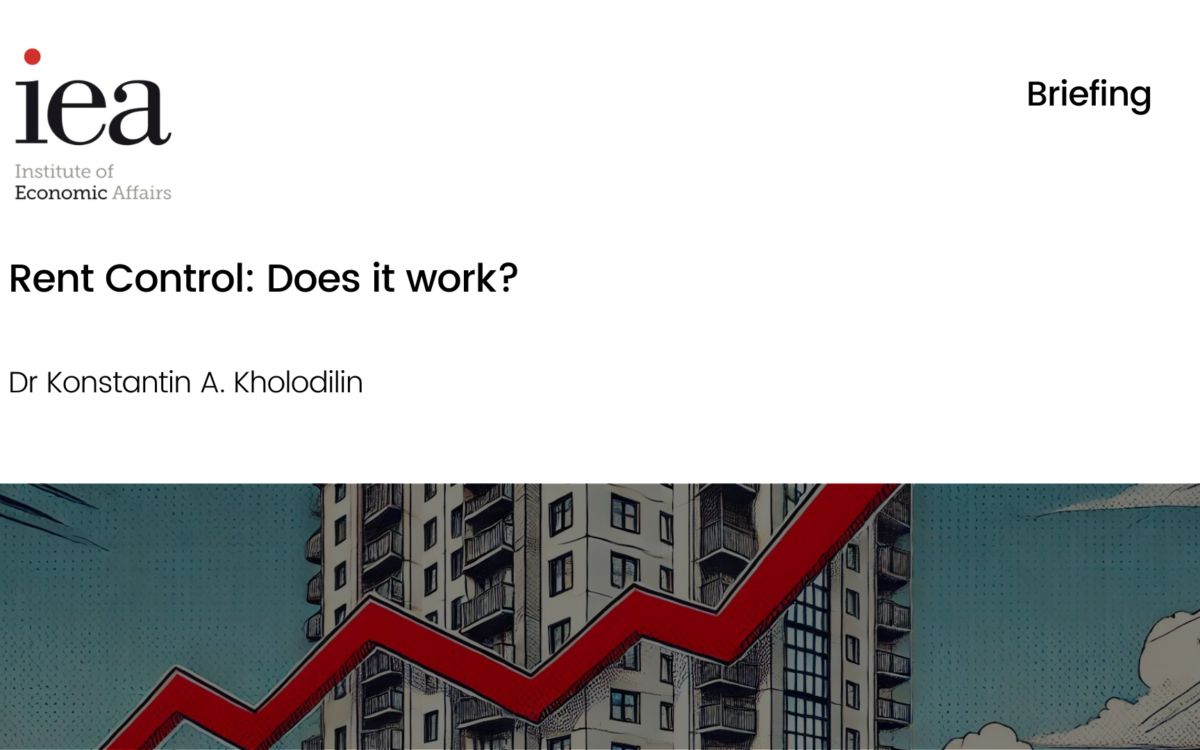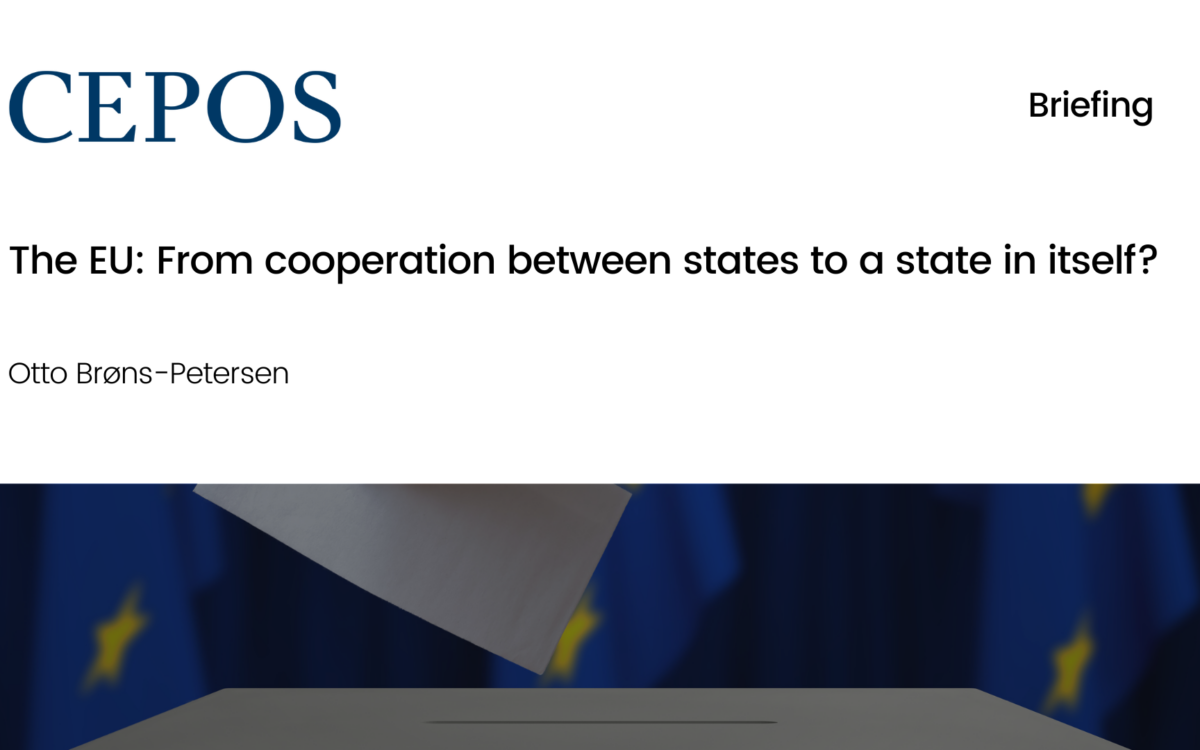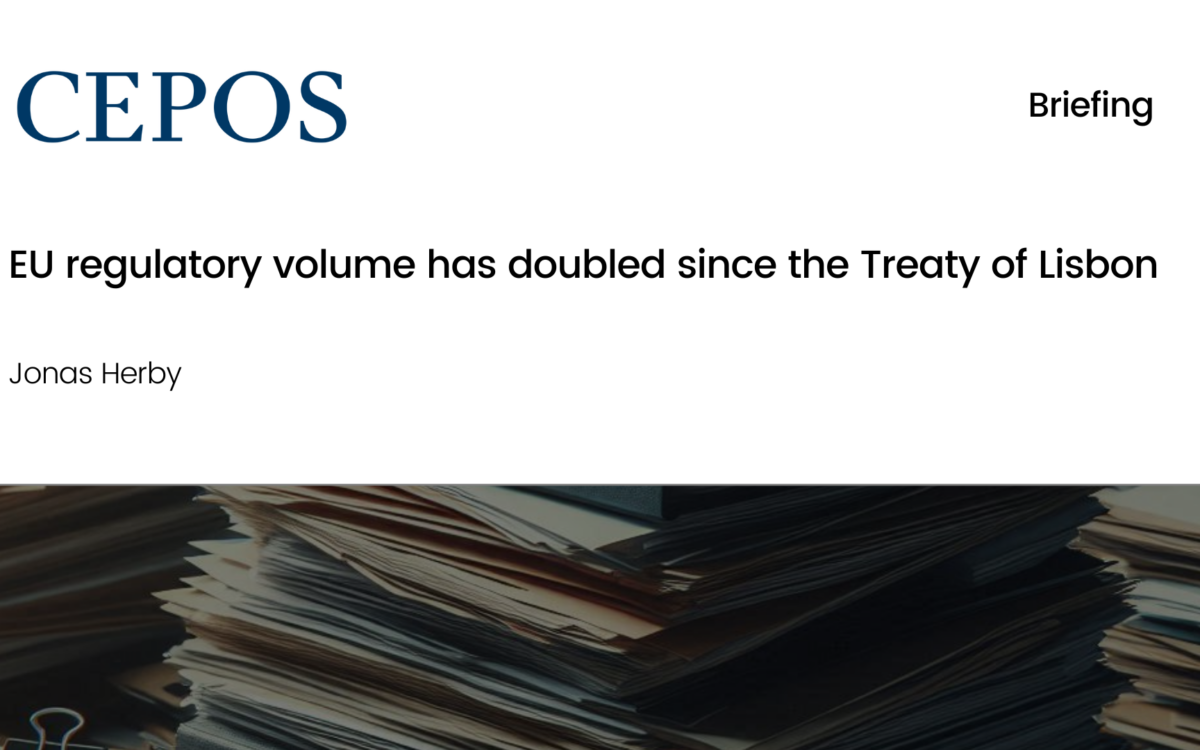The Importance of Being Credible: Eurozone Rules and Italian Banks

The Importance of Being Credible: Eurozone Rules and Italian Banks
July 2016
The conventional account of the Eurozone crisis is one of reckless bankers lending to households and governments far beyond their ability to face those debts. In Greece, this led to ballooning public commitments which precipitated a sovereign crisis in 2009. In Spain, excess borrowing was mostly confined to the private sector, and specifically mortgage lending, in the context of a government-fuelled housing bubble which eventually put much of the state-owned banking sector on the brink of collapse. This forced national authorities to bail them out in stages between 2010 and 2012, transferring the losses onto public balance sheets. More recently, Italy has come to the fore as a focal point of financial weakness, with non-performing loans (NPLs) estimated at €360bn, equivalent to 21 per cent of Italian GDP and 17 per cent of all bank loans.
Download or share this publication
View the PDF
EPICENTER publications and contributions from our member think tanks are designed to promote the discussion of economic issues and the role of markets in solving economic and social problems. As with all EPICENTER publications, the views expressed here are those of the author and not EPICENTER or its member think tanks (which have no corporate view).



